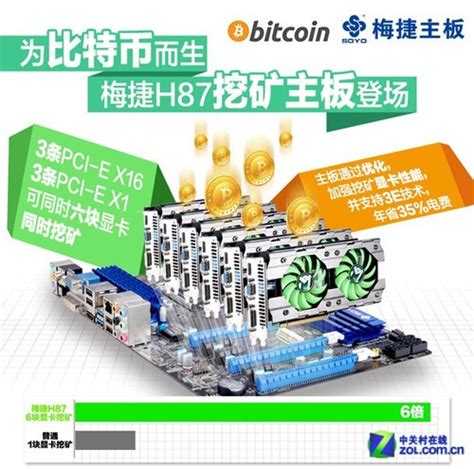区块链技术应用英语
The Latest Developments in Blockchain Technology
Blockchain technology has been making significant strides in various industries, revolutionizing the way data is stored, transactions are conducted, and trust is established. In this essay, we will explore some of the latest developments in blockchain technology and their implications for the future.
1. Integration with Internet of Things (IoT)
One of the most exciting developments in blockchain technology is its integration with the Internet of Things (IoT). This integration has the potential to create a more secure and transparent network for IoT devices, enabling seamless communication and data sharing while reducing the risk of cyber attacks.

By leveraging blockchain, IoT devices can securely record and store data in a tamperproof manner, ensuring the integrity and authenticity of the information exchanged between these devices. This development is particularly promising in industries such as healthcare, supply chain, and smart cities, where the combination of IoT and blockchain can enhance data security and accuracy.
2. Expansion in Decentralized Finance (DeFi)
Decentralized finance, or DeFi, has been a hot topic in the blockchain space. It refers to the use of blockchain and cryptocurrency to recreate traditional financial systems such as lending, borrowing, and trading without the need for intermediaries like banks or brokers.
The latest developments in DeFi have seen a proliferation of decentralized applications (DApps) that offer a wide range of financial services, including yield farming, decentralized exchanges, and algorithmic stablecoins. While the rapid growth of DeFi presents opportunities for financial inclusion and innovation, it also raises concerns about regulatory compliance and security risks that need to be addressed.
3. Advancements in Scalability and Interoperability
Scalability and interoperability have long been challenges for blockchain technology. The latest developments in this area focus on improving the scalability of blockchains to handle a larger number of transactions per second without compromising security or decentralization.
Moreover, efforts are being made to enhance the interoperability between different blockchains, allowing them to communicate and transfer value seamlessly. Projects working on blockchain interoperability aim to create a connected ecosystem where assets and data can flow across multiple chains, opening up new possibilities for crosschain DeFi and asset tokenization.
4. Impact on Supply Chain Management
Blockchain technology continues to redefine supply chain management by providing transparency, traceability, and efficiency in the movement of goods and products. The latest developments in this space involve the integration of blockchain with other emerging technologies such as Internet of Things (IoT), artificial intelligence (AI), and machine learning to create more intelligent and responsive supply chains.
By leveraging blockchain, supply chain participants can securely record and share transaction data, product provenance, and compliance information, leading to greater trust among stakeholders and improved visibility across the supply chain. This not only helps in reducing fraud and counterfeiting but also in streamlining processes and reducing operational costs.
Conclusion
In conclusion, the latest developments in blockchain technology are driving innovation across various sectors, from finance and IoT to supply chain management. As blockchain continues to mature and evolve, it is essential for organizations and policymakers to stay abreast of these developments and explore how they can leverage the technology to create value, enhance security, and foster trust in a digital economy. Embracing these advancements responsibly can pave the way for a more transparent, inclusive, and efficient future powered by blockchain technology.











